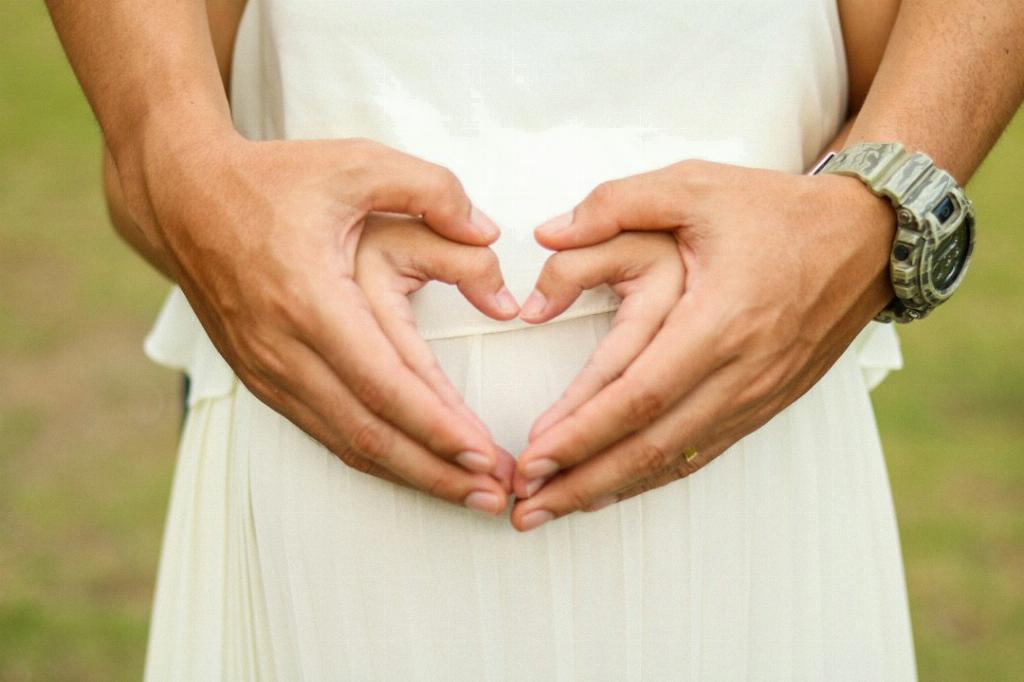When it comes to incorporating chia seeds into your diet during pregnancy, it is important to do so in moderation and with caution. Chia seeds are considered a superfood due to their nutrient-rich profile, but like any other food, they should be consumed in appropriate quantities to avoid any potential risks. Pregnant women may wonder about the ideal amount of chia seeds they can safely incorporate into their daily intake, considering both the health benefits and possible concerns associated with excessive consumption.
According to nutrition experts and healthcare providers, a general recommendation for pregnant women is to consume 1 to 2 tablespoons of chia seeds per day. This quantity is considered safe and beneficial for most expectant mothers, providing them with essential nutrients such as omega-3 fatty acids, fiber, and protein. However, it is essential to note that individual tolerance levels may vary, and some women may need to adjust their intake based on personal factors.
For pregnant women who are introducing chia seeds into their diet for the first time or are concerned about potential digestive issues, starting with a lower amount is advisable. Beginning with 1 tablespoon of chia seeds per day allows the body to adjust to the increased fiber content gradually. This cautious approach can help prevent bloating, gas, or other gastrointestinal discomfort that may arise from a sudden influx of fiber-rich foods.
One of the key factors to consider when determining the appropriate amount of chia seeds to consume during pregnancy is the overall dietary fiber intake. Chia seeds are known for their high fiber content, which can be beneficial for digestive health and regularity. However, sudden or excessive consumption of fiber-rich foods, including chia seeds, may lead to issues such as constipation or gastrointestinal disturbances.
It is essential for pregnant women to listen to their bodies and monitor how they respond to the inclusion of chia seeds in their diet. If any adverse effects or discomfort are experienced, it may be advisable to reduce the amount of chia seeds consumed or seek guidance from a healthcare provider or nutritionist. Every pregnancy is unique, and what works well for one woman may not necessarily be suitable for another, emphasizing the importance of personalized dietary choices.
In addition to the recommended daily intake of chia seeds, pregnant women should also consider the variety of ways in which chia seeds can be incorporated into meals and snacks. From adding chia seeds to yogurt, smoothies, oatmeal, salads, or baked goods, there are numerous creative and delicious options for including this nutritious seed into a balanced diet during pregnancy.
When used in moderation and as part of a well-rounded and diverse diet, chia seeds can offer pregnant women a range of health benefits, including increased intake of essential nutrients, improved digestive health, and enhanced satiety. However, it is crucial to avoid excessive consumption and to pay attention to any potential adverse reactions that may arise from incorporating chia seeds into your daily meals.
Ultimately, the ideal amount of chia seeds for a pregnant woman to eat varies based on individual preferences, dietary needs, and tolerances. While the general guideline of 1 to 2 tablespoons per day is a good starting point, adjusting this quantity based on personal factors and consulting with a healthcare provider can help ensure a safe and enjoyable experience of incorporating chia seeds into a healthy pregnancy diet.

